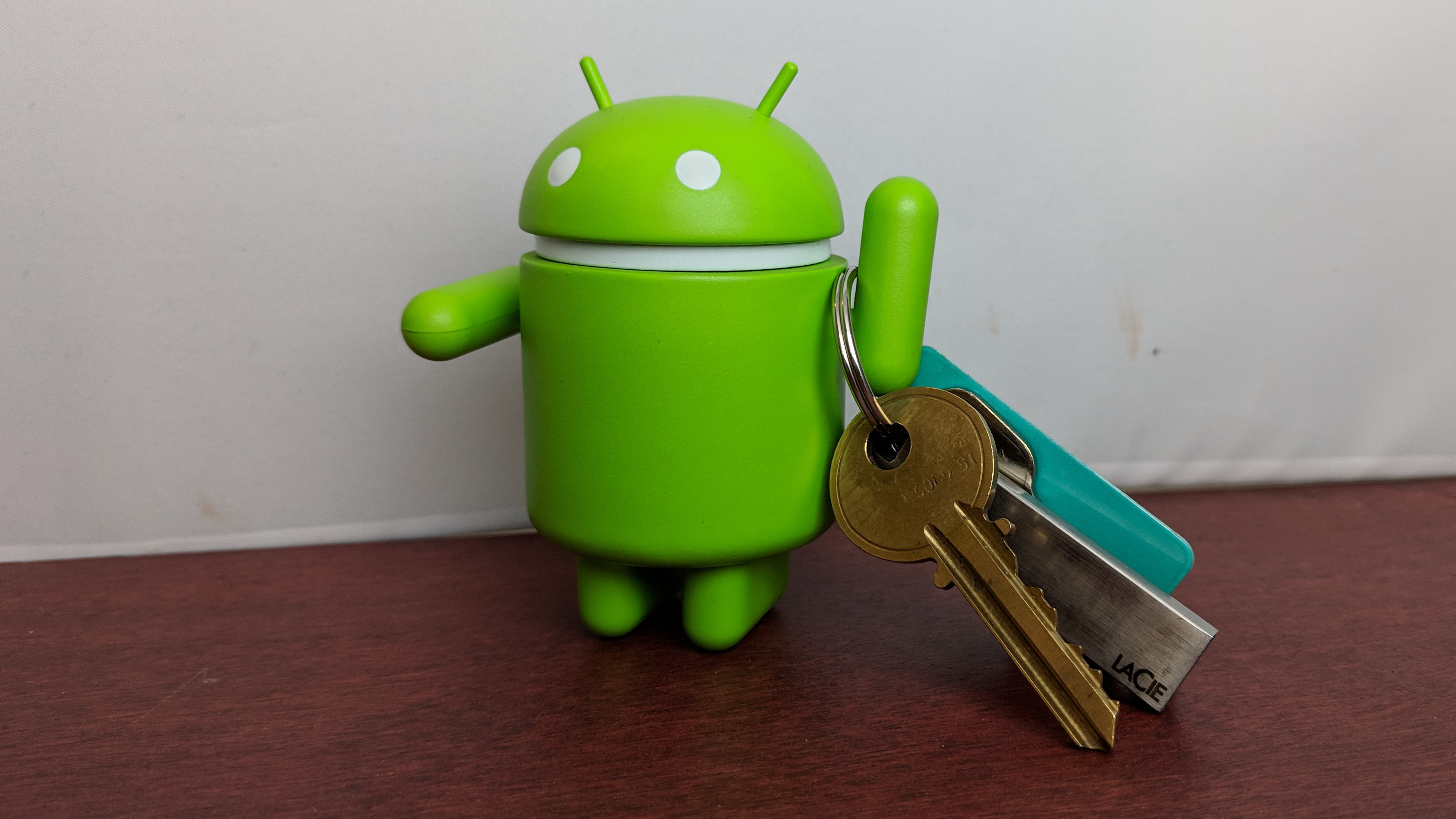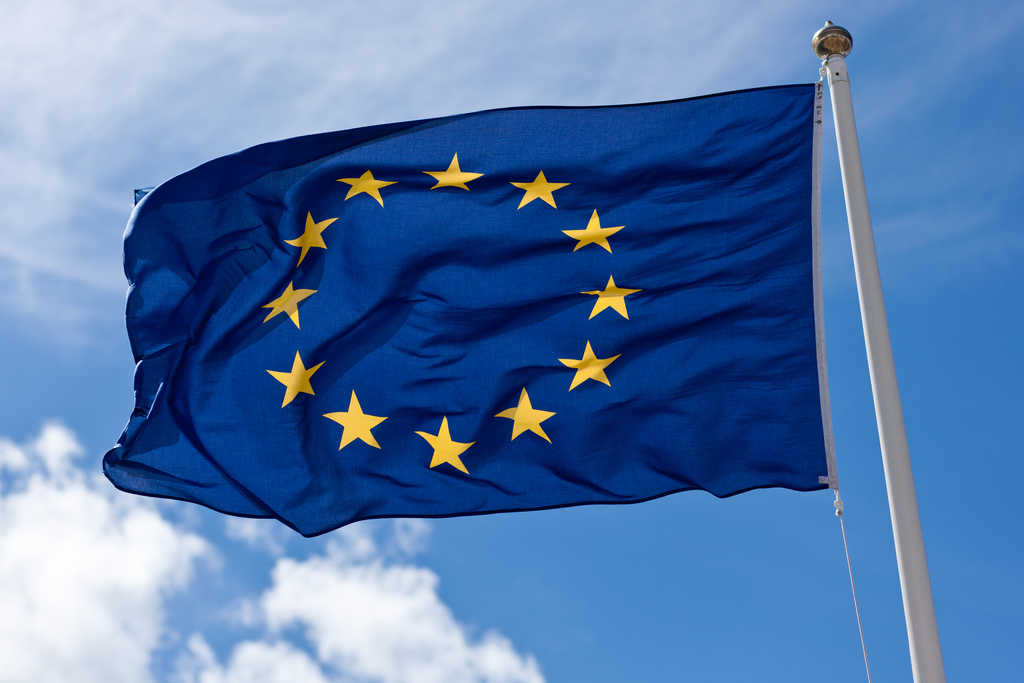Will EC's Android ruling help or hinder the mobile industry?
EC claims £3.9bn fine and new measures will encourage competition

The impact of Android on the technology industry is difficult to understate. It has transformed from a curiosity operating on strange hardware (the HTC Dream anyone?) into the world’s dominant operating system, accounting for more than 85 per cent of the market.
As a free, open source platform, Android has allowed for the manufacture of smart devices at all price points and a huge market for application developers. Google claims there are more than 24,000 devices from 1,300 manufacturers run Android and that 95 billion applications were downloaded from the Google Play store last year.
It has ensured that consumers and businesses didn’t need to look to Apple to be able to harness the advantages of the smartphone revolution.
But the European Commission (EC) has decided the negative impacts of such dominance are impossible to ignore, alleging that Google has placed restrictions on Android manufacturers and operators that have allowed it to cement its leadership of the search engine space.
Google ruling
Specifically, it is the requirement that some manufacturers preinstall Google applications as a condition for licensing the Google Play store and the payments made to other, larger phone makers and operators for pre-installing the Google search app that the EC objects to.
A €4.3 billion fine is not insignificant for Google, but it still represents just half of its Q1 revenue. It is the call for Google to end these practices within 90 days that are the most troubling aspect.
Google CEO Sundar Pichai says the ruling ignores the choice and increased competition that Android has given the market and that the bundling of its applications makes sense for consumers and manufacturers. He argues that Google offers Android at no cost to manufacturers and that the inclusion of its applications helps to ensure it remains free.
Sign up to the TechRadar Pro newsletter to get all the top news, opinion, features and guidance your business needs to succeed!
“The Commission’s Android decision ignores the new breadth of choice and clear evidence about how people use their phones today,” he argues. “If phone makers and mobile network operators couldn’t include our apps on their wide range of devices, it would upset the balance of the Android ecosystem. So far, the Android business model has meant that we haven't had to charge phone makers for our technology, or depend on a tightly controlled distribution model.
“We are concerned that today’s decision will upset the careful balance that we have struck with Android, and that it sends a troubling signal in favour of proprietary systems over open platforms.”
He also notes that partners and users can use and install any application they wish – however the EC would argue Google’s actions reduce the incentive for third parties to pre-install alternatives.
Another solution offered by Pichai is that manufacturers can fork Android into something entirely different, something Amazon has done with Fire OS. But again, the EC alleges that Google discourages this by preventing its applications from being pre-installed on forked platforms.

Help or hinder?
The company’s claims that anything that upsets the Android balance will harm the mobile industry are echoed by the Computer & Communications Industry Association (CCIA). It argues that Android has resulted in more competition, innovation and choice to the market and that the EC ruling could jeopardise this progress.
“The result of today’s decision is bizarre,” says Jakob Kucharczyk, CCIA Europe Vice President, Competition & EU Regulatory Policy. “It will make it more difficult to successfully compete using a free and more affordable open source business model. In a world where the iPhone is the main competitor, any company wanting to compete must ensure their ecosystem is as appealing as possible to attract app developers and consumers alike.
“The mobile economy is thriving. Consumers have never had so much choice at the tap of a button, at competitive prices. Android has been one of the drivers behind this vibrant competition and innovation. To say that consumers are harmed because of a couple of pre-installed apps is to ignore the billions of app downloads every year. That in itself is testimony to empowered consumers exercising their freedom of choice made available by Android -- not blocked by Android.”

Increased competition
The ability to target so many devices makes Android an attractive platform for developers, but many observers note the similarities between Microsoft’s dominance with Windows in the PC market in the 2000s and Android’s position in mobile in 2018. Back then, Microsoft was fined for pushing its Internet Explorer browser over alternatives.
Today there is more choice, although ironically, Google Chrome is one of the biggest beneficiaries. Mozilla, creator of the Firefox browser, says the latest EC ruling could help stimulate more competition.
“These are complex issues, and we expect that we will be evaluating the remedies and their repercussions for some time,” says Denelle Dixon, Mozilla COO. “We are hopeful the result will help level the playing field for mobile browsers like Firefox, and to foster openness that creates and sustains competition and innovation.
But how will operators feel about this? The diverse range of Android devices on offer has allowed them to offer more choice to customers and driven smartphone adoption. Coupled with the rise of popular applications, this has encouraged greater data consumption and allowed operators to sell larger bundles.
However traditional call and text revenues are being squeezed by over the top (OTT) applications like WhatsApp and Skype, while streaming services like Netflix have placed more demands on mobile networks.
Operator impact
Mobile operators have become concerned they are just ‘dump pipes’ with other service providers benefiting financially. The industry has long called for OTT players to be regulated in the same way operators are and to this extent it has welcomed the EC ruling, claiming it will allow telcos to compete more effectively.
“We welcome any steps that can enable mobile operators to effectively participate and compete in the data economy without being constrained by platform related bottlenecks,” said the GSMA. “This will enable consumers to benefit from a greater choice of mobile services, and allow more players to innovate and offer new services in the market.
“[This] decision shows that competition and regulatory tools can be effectively applied to platforms and, ultimately, data driven markets. However; a lot more needs to be done to address data driven businesses and to identify the policies needed to trigger more effective competition. It is important to avoid the accumulation of market power in emerging data driven markets in the future.”

Nothing to see here
But others believe the ruling will change nothing and that the EC needs a new approach to regulating platforms.
“The EC’s fine is quite a slap ... but neither this, nor the remedies Google are being required to put in place are likely to structurally alter the market, suggests Luca Schiavoni, a senior analyst with Assembly Research.
“[It] fails to set out structural remedies for a market which almost inevitably tends towards concentration, and therefore is difficult to break up without significant disruptions. End users value interoperability, and so do application developers, which means the case for more competition in the space of operating systems is not so clear.
“Similarly, search engines are successful because of their algorithm and of the large data pools they can rely on, which creates a spiralling network effect driving users towards the largest providers almost naturally.
“While regulators figure out how to best approach all these issues, fines help the public coffers – but do not solve any market problem."
- Check out the best mobile deals for July 2018
Steve McCaskill is TechRadar Pro's resident mobile industry expert, covering all aspects of the UK and global news, from operators to service providers and everything in between. He is a former editor of Silicon UK and journalist with over a decade's experience in the technology industry, writing about technology, in particular, telecoms, mobile and sports tech, sports, video games and media.